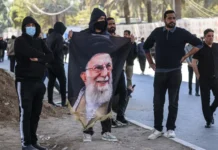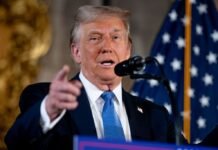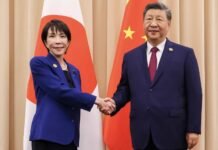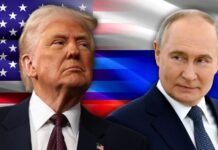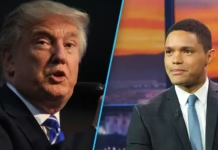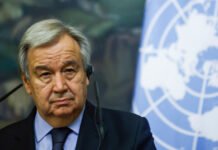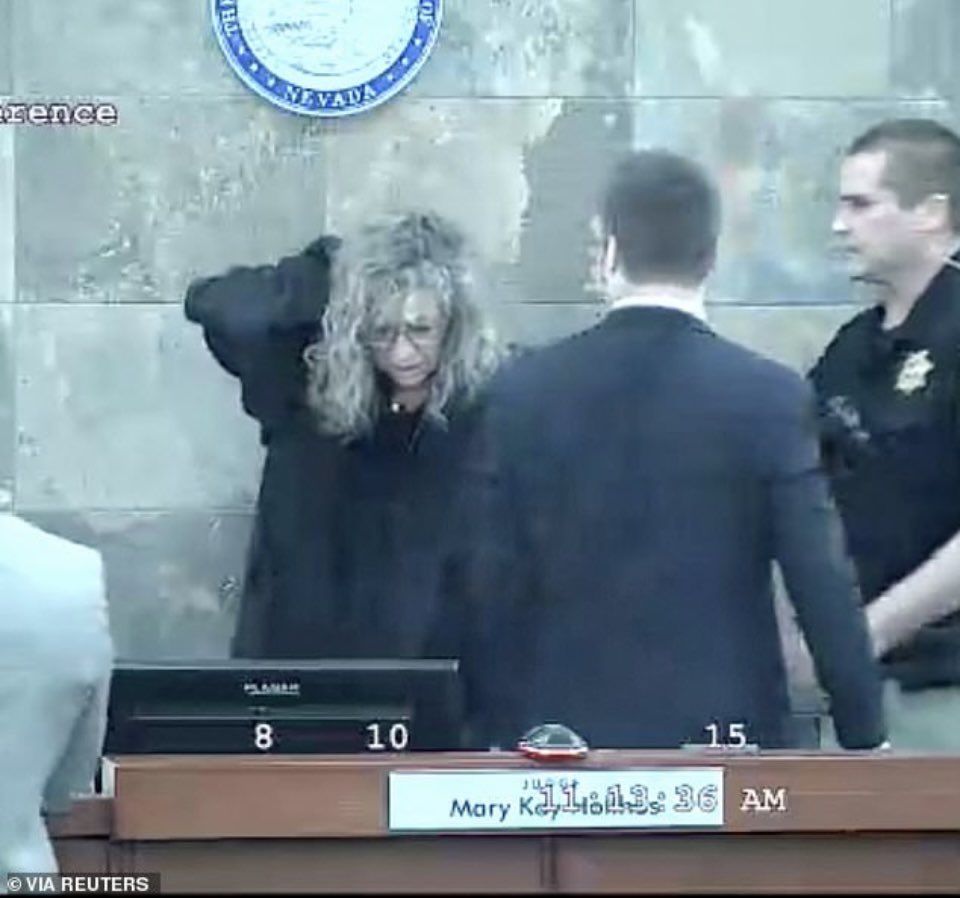South Africa’s President Cyril Ramaphosa told G20 foreign ministers that multilateralism and international law are vital for solving global crises.
His comments come amid growing concern about the Trump administration’s “America First” policy, with US Secretary of State Marco Rubio boycotting the meeting and Treasury Secretary Scott Bessent announcing he will not attend next week’s G20 finance ministers’ gathering.
Rubio declared he would not “coddle anti-Americanism,” while Bessent cited other commitments in Washington.
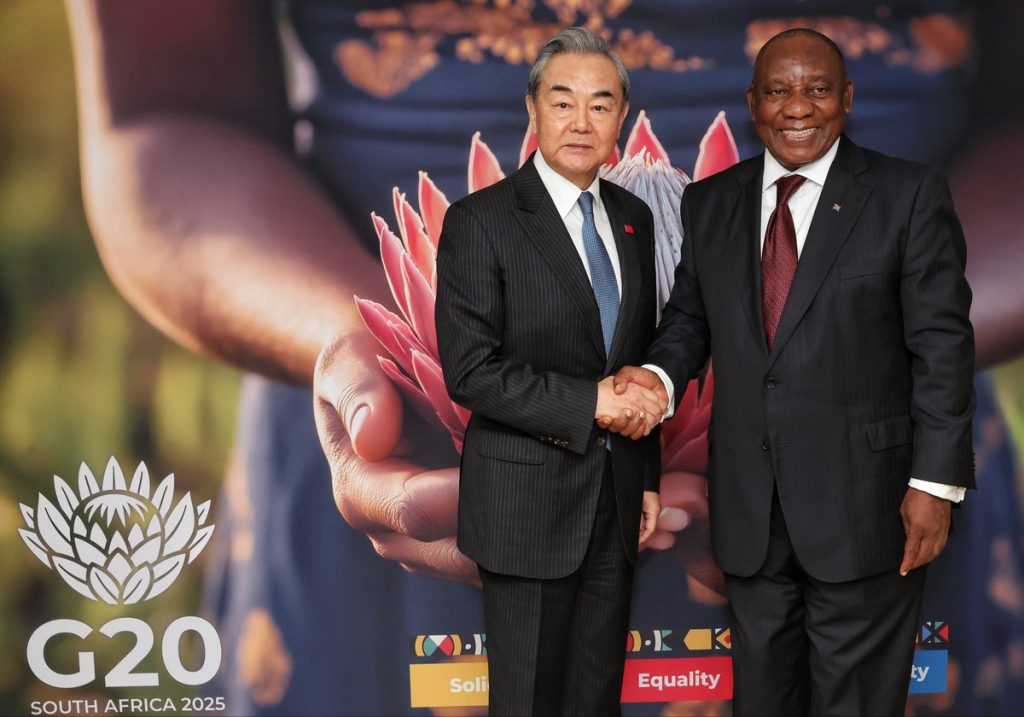
Rubio criticized South Africa for “doing very bad things” and using the G20 to promote “solidarity, equality, & sustainability,” which he equated with DEI (diversity, equity, and inclusion) and climate change.
In a post on X, he wrote, “My job is to advance America’s national interests, not waste taxpayer money or coddle anti-Americanism.”
Strained US-South Africa Relations
South Africa holds the G20 presidency until November 2025, after which it will be handed over to the US. Relations between the two countries have been strained since President Donald Trump took office.
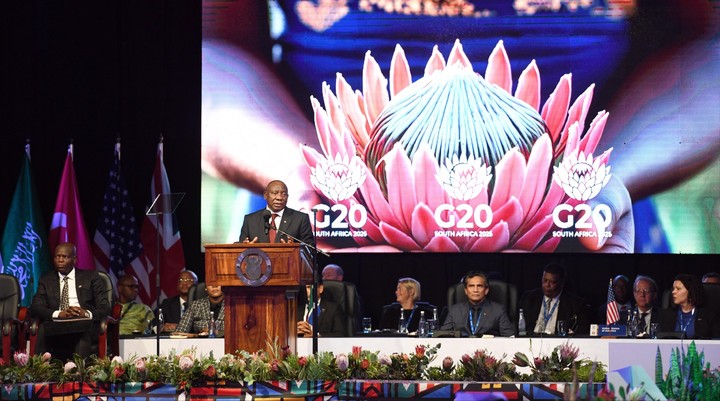
Trump first cut aid to South Africa, accusing it of “unjust and immoral practices” against the white minority Afrikaner community and filing a genocide case against Israel in the International Court of Justice (ICJ) in December 2023.
Ramaphosa’s Call for Cooperation
South Africa is the first African state to lead the G20, aiming to advance developing nations’ interests in talks with the world’s richest countries.
The G20 comprises 19 countries, the African Union (AU), and the European Union (EU), representing over 80% of the global economy and two-thirds of the world population.
Foreign ministers from China, Russia, France, and the UK attended the meeting in Johannesburg. The US was represented by the deputy chief of mission at its South African embassy.
In his opening address, Ramaphosa stated that an “already fragile global coexistence” is threatened by rising intolerance, conflicts, and climate change.
“There is a lack of consensus among major powers, including in the G20, on how to respond to these issues of global significance,” he said.
“The principles of the UN Charter, multilateralism, and international law should remain at the centre of all our endeavour,” he added.
Like 👍, Comment, share this article, and Follow us on our social media handles.



